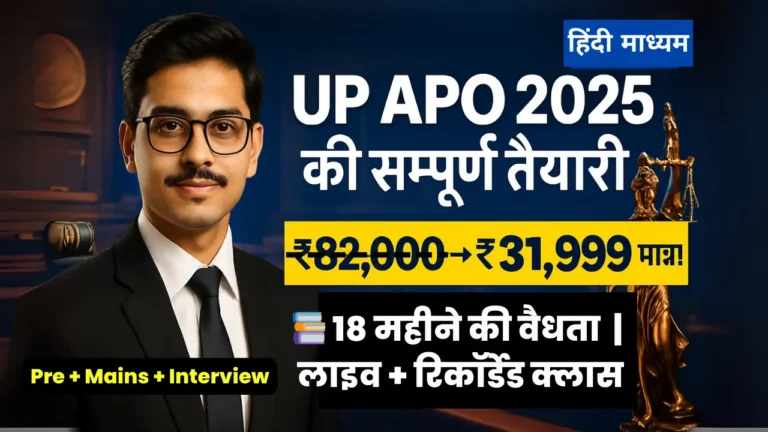Parental consent is now mandatory under the draft Digital Personal Data Protection Rules, 2025, aimed at protecting children’s online safety and privacy on platforms like social media, gaming, and e-commerce.
Introduction
On January 3, 2025, the Ministry of Electronics and Information Technology (MeitY) proposed new draft rules under the Digital Personal Data Protection Act, 2023, for public feedback. The draft mandates parental consent for children to join social media platforms, access gaming services, or engage with e-commerce sites. This move is part of a broader strategy to bolster online child safety and ensure responsible data management by organizations.
Table of Contents
Understanding the Draft Rules
The proposed Digital Personal Data Protection Rules, 2025, establish robust guidelines for processing personal data, especially for minors. Here’s a closer look at the key provisions:
1. Mandatory Parental Consent for Children
Data Fiduciaries (entities processing personal data) must obtain verifiable parental consent to collect or process any child’s personal data.
Examples include:
- Social media intermediaries like Facebook or Instagram.
- Gaming platforms such as Roblox and Fortnite.
- E-commerce platforms like Amazon and Flipkart.
2. Verifiable Consent Process
The draft rules outline the mechanisms for verifying parental identity and consent:
- Case 1: If the parent is already a registered user of the platform, their details must be validated against existing records.
- Case 2: If unregistered, the parent’s identity must be verified through Digital Locker services or government-approved tokens.
These safeguards ensure that only authorized guardians grant consent.
3. Exemptions for Critical Services
Health professionals, mental health professionals, and educational institutions are exempt from seeking parental consent, allowing uninterrupted access to essential services.
4. Data Transparency Requirements
Fiduciaries must provide users with clear, concise notices containing:
- A detailed description of the data being collected.
- The specific purpose of the data usage.
- An easily accessible link to withdraw consent.
This ensures informed consent and allows users to manage their data preferences.
Ensuring Compliance
The draft rules impose stringent responsibilities on Data Fiduciaries, ensuring accountability and robust protection:
1. Organizational Obligations
- Conduct Data Protection Impact Assessments to identify risks.
- Notify authorities and users in case of a data breach.
- Appoint a Data Protection Officer (DPO) for significant data fiduciaries handling large datasets.
2. Restrictions on International Data Transfers
To ensure national sovereignty over data, any transfer of personal information outside India requires:
- Adequate privacy protections in the recipient country.
- Government approval for data transfers to foreign entities.
Implications for Key Stakeholders
For Parents and Children
- Empowerment: Parents gain greater control over their children’s digital activities.
- Safety: Minors are shielded from potential privacy violations and harmful content.
- Transparency: Platforms must disclose data processing practices, fostering trust.
For Organizations
- Operational Challenges: Companies need to establish verification systems, increasing compliance costs.
- Global Alignment: Firms must meet international privacy standards for processing child data.
- Reputation Benefits: Proactive compliance builds consumer trust and strengthens brand credibility.
FAQs regarding Digital Data Protection Rules 2025
Q1: What is the primary objective of the proposed rules?
The draft rules aim to protect children’s data by mandating parental consent for data processing on platforms like social media, gaming, and e-commerce.
Q2: What mechanisms ensure verifiable parental consent?
Parents’ identities are verified through Digital Locker services or government-approved tokens, ensuring accountability and transparency.
Q3: Are there any exemptions to these rules?
Yes, organizations offering healthcare, mental health, and educational services are exempt from parental consent requirements.
Q4: How can users withdraw their consent?
Users can access a dedicated link provided by the platform to revoke their consent at any time.
Q5: How are international data transfers regulated?
Transfers outside India are allowed only if the recipient country ensures adequate privacy standards or safeguards approved by the government.
Q6: Where can feedback on the draft rules be submitted?
Suggestions and objections can be submitted via the MyGov website by February 18, 2025.
Conclusion
The Digital Personal Data Protection Rules, 2025, represent a groundbreaking initiative to safeguard children’s privacy and establish a culture of accountability in the digital ecosystem. By mandating parental consent, the government seeks to strike a balance between enabling digital access and protecting vulnerable users.
As organizations gear up for compliance, individuals, especially parents, must stay informed about their rights and responsibilities in this evolving digital landscape.
#ParentalConsent #DigitalPrivacy #ChildDataProtection #GamingPrivacy #SocialMediaSafety #DigitalIndia #ChildSafetyOnline #OnlinePrivacyRules #ParentalControls #IndiaPrivacyLaws #DoonLawMentor







